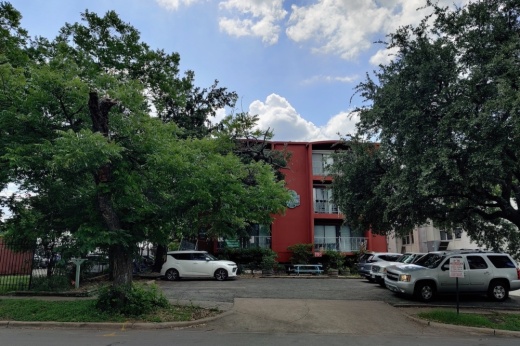What's happening
Today, Austin's land development code generally caps the number of unrelated adults who can live together in a single unit at six people. Certain types of housing have stricter or looser rules, including limits of:
- 10 people in active housing cooperatives, majority-senior residences or nonprofit housekeeping spaces
- Four unrelated people on properties zoned for single-family or duplex housing
- Three people in some duplex units built after 2003
- Two people in the secondary units of two-family residences or apartments
A proposal from District 9 Council Member Zo Qadri that was approved June 1 could end up completely removing Austin's zoning-based caps while leaving the maintenance code standards in place. City staff also confirmed on May 30 that the change doesn't affect short-term rental regulations, a question some officials said was a key worry shared by some of their constituents.
With the passage of Qadri's resolution, staffers will now work on removing the limits and bringing the revised code back to City Council later this year. In the meantime, Qadri says he plans to hold informational meetings with community members who are interested or concerned about the change.
The measure passed with an amendment from District 10 Council Member Alison Alter asking city staff to weigh any "unintended consequences" of removing occupancy caps, and to propose fixes for any identified problems.
What they're saying
Qadri said Austin's years-old occupancy limits have outlived their usefulness and that the rules constrain Austinites seeking out different—and often, lower-cost—housing options.
“It’s important to remember that the policies that we adopt on this dais, that we put forward, are supposed to help the least among us. ... This policy is no different. So let’s really do something about the housing crisis that we are facing in the city," he said.
Mayor Pro Tem Paige Ellis, a co-sponsor of Qadri's resolution, said both she and her sister had found housing earlier in their lives that would be illegal under Austin's rules today. Ellis said she still supports any enforcement of problematic or overcrowded housing spaces, but that hard occupancy limits leave Austinites without certain housing options and the chance to seek out living situations with more social connections.
"I’m excited today that more people get to live in the types of environments that allowed me to live with my friends and allowed my sister to meet her now-husband. I think that’s really important to have a sense of community," Ellis said.
The move was also supported by a range of local pro-housing and activist groups including the Austin Housing Coalition, Austin Justice Coalition and Austin Cooperative Business Association. Several speakers at the June 1 meeting also said they or others they know have had positive experiences living in places such as a co-op or would like to see more of those options made available.
Affordable housing consultant Alice Woods, who also serves on the Austin Planning Commission and represents the housing coalition, said occupancy limits can pose a particular challenge for populations including students, those with disabilities, the elderly, immigrants and members of the LGBTQ+ community who may more commonly seek out alternative or group accommodations.
“With current housing costs in Austin, the ability to live with roommates or in cooperative housing is often the difference between having safe and stable housing and being unhoused," she said.
Several of those speaking in favor of Qadri's resolution also noted that the removal of zoning-based limits wouldn't affect how Austin can enforce its health and safety rules related to occupancy. Concern over that topic was raised by some opponents of the change, who cited noise, nuisance and safety issues at "stealth dorms" as a reason to maintain residential caps.
“Relying on the property maintenance code makes possible unregulated and legal abuse of people who need affordable housing, crowding living conditions, and health and safety nightmares that we must avoid," said Betsy Greenberg, vice chair of Austin's Zoning and Platting Commission.





